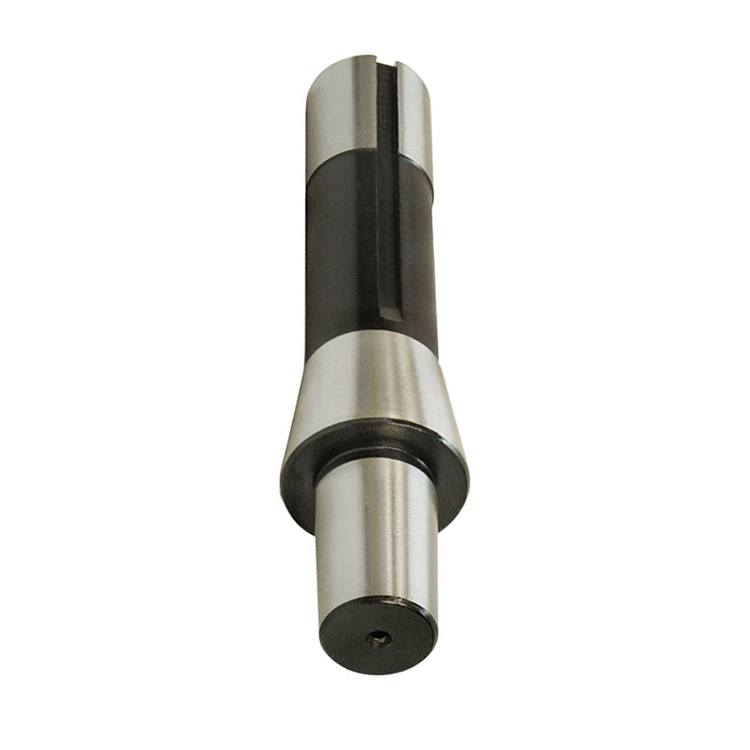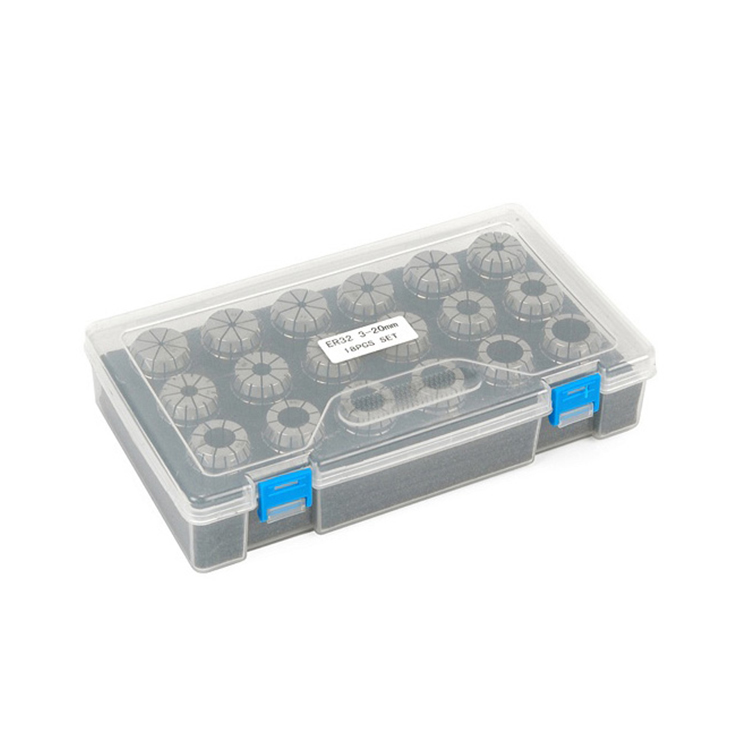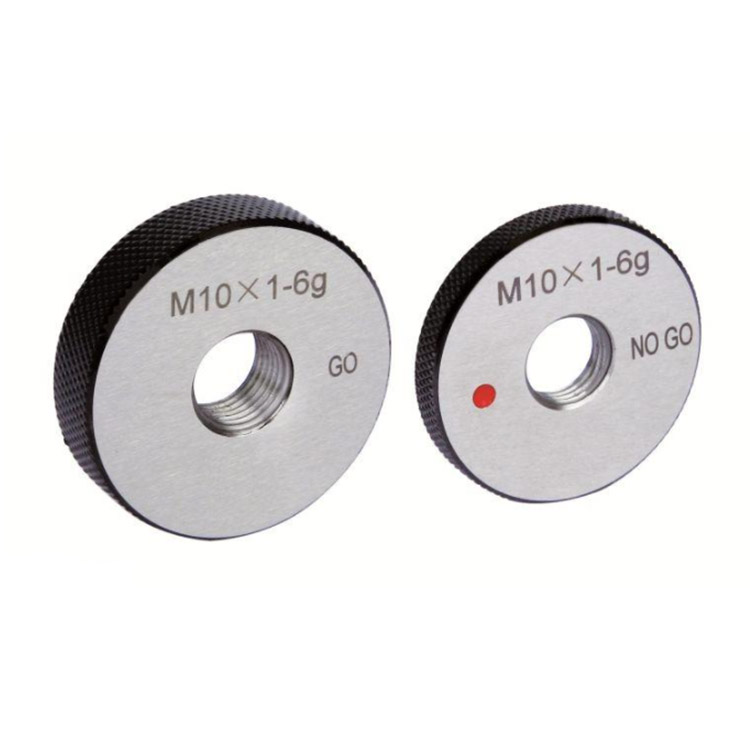disk micrometer Factory
Looking for a reliable disk micrometer factory? This guide explores the crucial role of disk micrometers in precision measurement, covering their applications, key features, selection criteria, and how to find a reputable manufacturer. Discover the factors that contribute to a high-quality instrument and ensure accurate results in demanding industrial settings.
Understanding Disk Micrometers
Disk micrometers are specialized measuring instruments used to determine the thickness of materials in hard-to-reach areas, such as grooves, slots, and the walls of tubes. Unlike standard micrometers with point-shaped anvils, disk micrometers utilize flat, circular disks as measuring faces. This design allows for accurate measurement of thin materials or components with narrow features. Wayleading Tools, a leading provider of precision measurement instruments, understands the importance of using the right tools for the job.
Key Applications of Disk Micrometers
Disk micrometers are widely used across various industries, including:
- Automotive: Measuring the thickness of brake rotors, clutch plates, and other engine components.
- Aerospace: Assessing the dimensions of turbine blades, engine casings, and structural elements.
- Manufacturing: Quality control of precision parts, sheet metal, and molded plastics.
- Medical Devices: Measurement of medical instruments and implants that require high precision and accuracy.
- Electronics: Measuring PCB board thickness, component spacing, and other critical electronic elements.
Key Features to Look for in a Disk Micrometer
When selecting a disk micrometer, consider the following features:
- Accuracy and Resolution: The micrometer's ability to provide precise and repeatable measurements. Resolution refers to the smallest increment the micrometer can measure (e.g., 0.001mm or 0.00005 inches).
- Measuring Range: The maximum distance the micrometer can measure. Choose a range that suits your specific application.
- Disk Diameter: The diameter of the measuring disks. Smaller disks are suitable for reaching tighter spaces.
- Material and Build Quality: Durable construction with hardened steel or carbide anvils ensures long-term reliability.
- Digital vs. Analog: Digital micrometers offer easier readability and data output capabilities, while analog micrometers are simpler and more cost-effective.
- IP Rating: In harsh industrial environments, an Ingress Protection (IP) rating (e.g., IP65) signifies the micrometer's resistance to dust and water.
Selecting the Right Disk Micrometer Factory
Choosing the right disk micrometer factory is crucial for obtaining high-quality instruments. Here's what to consider:
Reputation and Experience
Look for manufacturers with a proven track record and extensive experience in producing precision measuring instruments. Reading online reviews and checking for certifications (e.g., ISO 9001) can provide valuable insights. A company like Wayleading Tools, with years of experience, is often a good starting point. See their line of products at www.wayleading.com.
Manufacturing Capabilities and Quality Control
Inquire about the manufacturer's production processes, quality control measures, and calibration procedures. Ensure they use advanced manufacturing techniques and adhere to stringent quality standards. Ask about their testing methods and whether they provide calibration certificates. Many disk micrometer factories, especially those emphasizing international sales, offer compliance certificates to international standards.
Customization Options
If you have specific requirements, such as a custom disk diameter or measuring range, choose a manufacturer that offers customization options. Discuss your needs with the factory to determine if they can meet your specifications.
Customer Support and After-Sales Service
Select a disk micrometer factory that provides excellent customer support and after-sales service. Ensure they offer technical assistance, repair services, and spare parts availability.
Examples of Disk Micrometers and Specifications
Below is a table showcasing examples of disk micrometers and their specifications. These specifications are representative of products available on the market, but actual product details may vary. Always consult the manufacturer's datasheet for the most accurate information.
| Model | Measuring Range | Resolution | Disk Diameter | Accuracy |
|---|---|---|---|---|
| Model A | 0-25 mm | 0.001 mm | 10 mm | ±0.002 mm |
| Model B | 0-1 inch | 0.00005 inch | 0.4 inch | ±0.0001 inch |
| Model C | 0-50 mm | 0.001 mm | 12 mm | ±0.003 mm |
Maintenance and Calibration of Disk Micrometers
Proper maintenance and calibration are essential for ensuring the accuracy and longevity of your disk micrometer. Here are some key practices:
- Cleaning: Regularly clean the measuring faces of the disks with a soft, lint-free cloth to remove dirt, oil, and debris.
- Storage: Store the micrometer in a protective case in a clean, dry environment.
- Calibration: Calibrate the micrometer periodically using certified gauge blocks or standards. The frequency of calibration depends on the micrometer's usage and the required accuracy. Consult your disk micrometer factory or a qualified calibration service provider for guidance.
Conclusion
Choosing the right disk micrometer and disk micrometer factory is critical for achieving accurate and reliable measurements in demanding applications. By considering the key features, selecting a reputable manufacturer, and implementing proper maintenance practices, you can ensure that your disk micrometer provides years of dependable service. If you are in need of more specialized tools, you can also browse from a wide range of product at Wayleading Tools.
Related products
Related products
Best selling products
Best selling products-
 Precision Micrometr Holder For Micrometer
Precision Micrometr Holder For Micrometer -
 Inch Solid Carbide Twist Drill With Internal Coolant & External Coolant
Inch Solid Carbide Twist Drill With Internal Coolant & External Coolant -
 High Precision BT-ER Collet Chuck – CNC Tool Holder, Spring Type, ER16–ER40
High Precision BT-ER Collet Chuck – CNC Tool Holder, Spring Type, ER16–ER40 -
 DIN338 HSS Twist Drill Bit Fully Ground Or TiN Coated
DIN338 HSS Twist Drill Bit Fully Ground Or TiN Coated -
 Stub Milling Machine Arbor With NT, R8 and MT Shank
Stub Milling Machine Arbor With NT, R8 and MT Shank -
 Metric HSS Annular Cutters With Weldon Shank For Metal Cutting
Metric HSS Annular Cutters With Weldon Shank For Metal Cutting -
 Inch HSS Step Drills with Straight Flute
Inch HSS Step Drills with Straight Flute -
 Precision Outside Micrometer Of Inch & Metric With Rachet Stop
Precision Outside Micrometer Of Inch & Metric With Rachet Stop -
 R8 Drill Chuck Arbor For Milling Machine
R8 Drill Chuck Arbor For Milling Machine -
 ER Collet Set With Hight Precision Milling
ER Collet Set With Hight Precision Milling -
 Round Die Wrench For Thread Cutting Tools
Round Die Wrench For Thread Cutting Tools -
 Precision Straight Shank To Morse Taper Adapter
Precision Straight Shank To Morse Taper Adapter
Related search
Related search- PCBN turning tool holder Factories
- SSBC turning tool holder Manufacturer
- Wholesale RDKW insert
- Machine Vises Factories
- thickness gauges Manufacturer
- bandsaw blades Factories
- Thread Plug Gauge Manufacturer
- expanding lathe arbor Suppliers
- High-Quality MWLN turning tool holder
- Stubby shank boring bar set Suppliers











